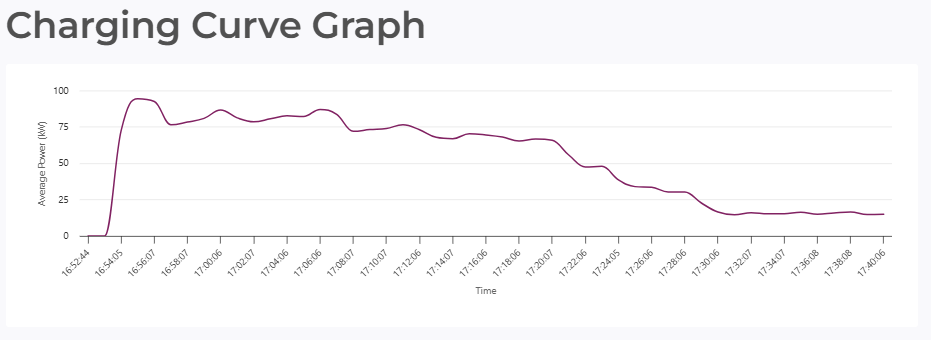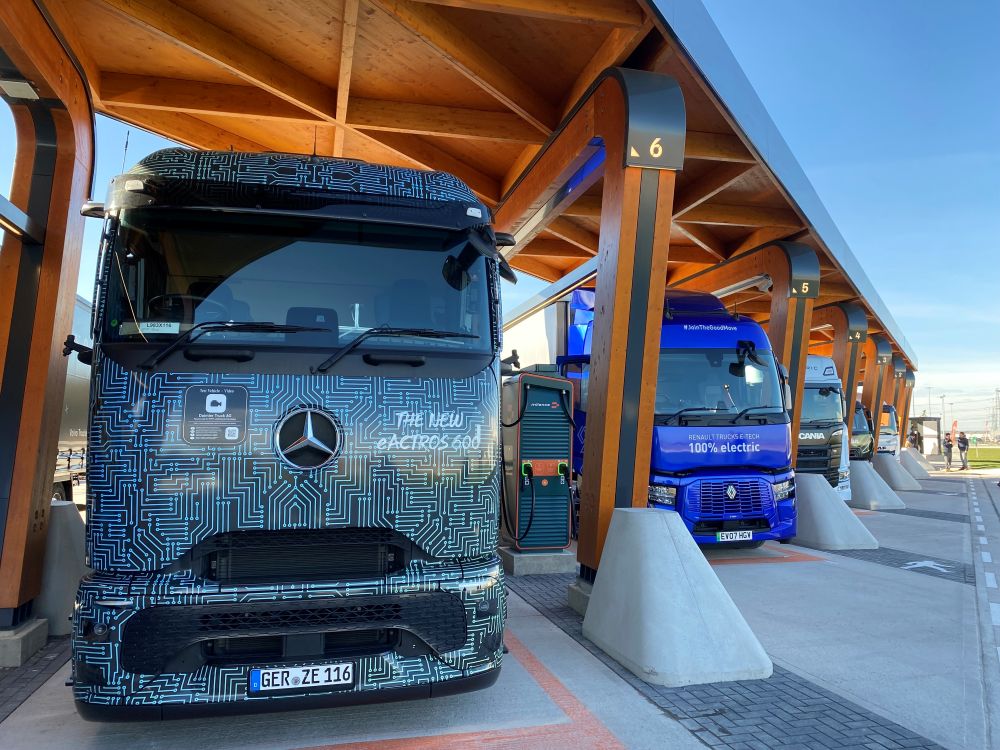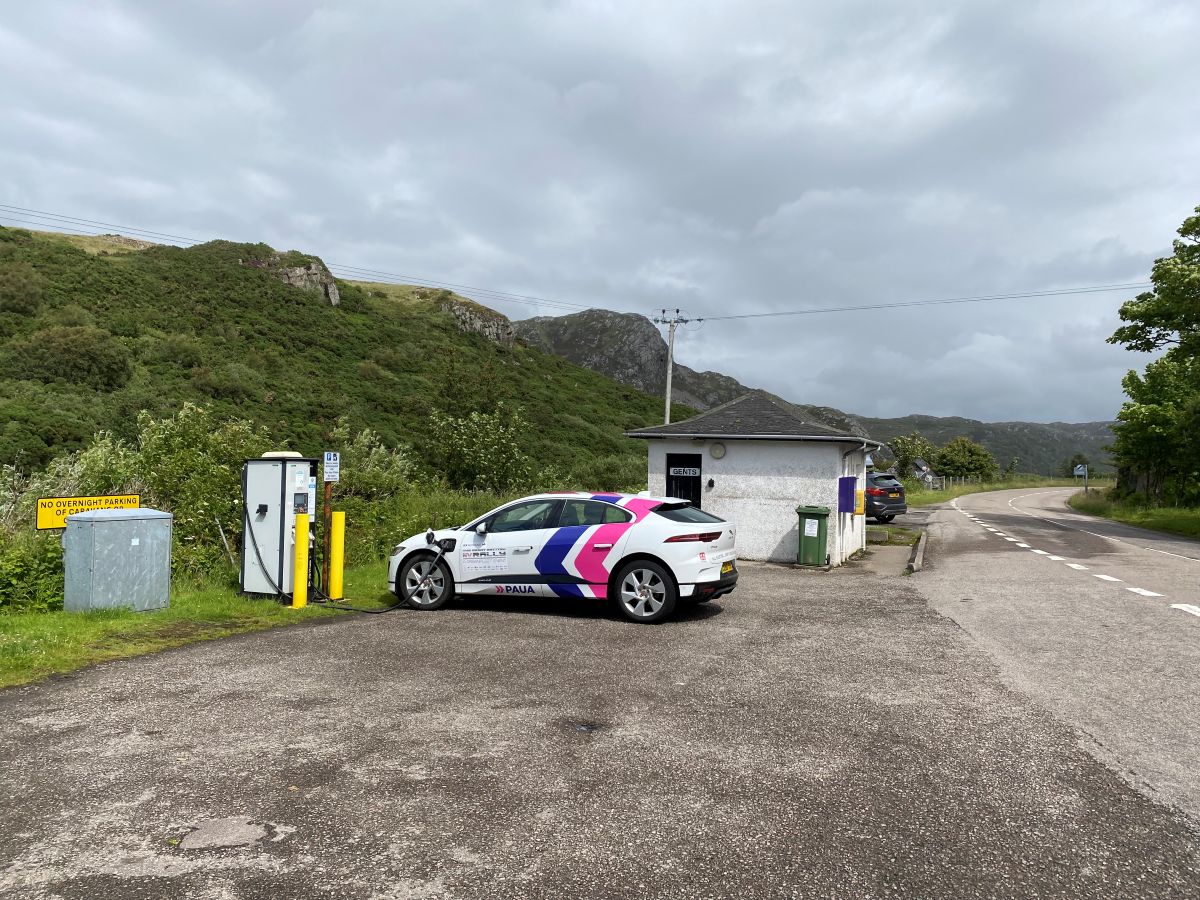TL;DR
Publicly funded EV charging infrastructure must be open to all, ensuring societal benefits, choice in payment solutions, and fair access for business drivers. A competitive ecosystem prevents monopolies and supports the UK's transition to electric vehicles.
Why it is important that publicly funded infrastructure is open to all to support the business transition to electric vehicles
Paua has been a market leader in the aggregation of chargepoint networks in the UK since 2021. During this period we have been joined onour mission by a number of other partners who enable a simplified paymentsexperience for EV drivers.
Paua is a champion of business transition to electric vehicles.
This short paper brings together some of the existingGovernment positions in the context of what needs done in order to ensure afair and accessible roaming network. The paper aims to support Ministers andLocal Authorities around best practice when selecting partners for theprovision of electric vehicle charging.
The paper seeks to ask Local Authorities why more is notbeing done to ensure that public on street infrastructure assets funded frompublic money are not being pushed to show leadership. It is important thatpublic funds lead to societal benefits.
Four key areas that require consideration for publicly funded EV charging.
1. Public funding is provided for public assets andtherefore those assets need to support the interest of society
a. In particular this means that they need toshowcase leadership for the transition to electric vehicles with an element ofopenness for drivers who live and work in the vicinity of the chargers. Theseare “not walled gardens”
b. This position was supported by the Government led research into the consumer experience at public charge points conducted in 2021
2. Drivers should have choice around the payment solution that they wish to use with an option for “anonymous” ad hoc charging
a. The ability for a driver to turn up and without memberships to be able to charge has been written into law since 2017.
3. Business drivers who cannot charge on a driveway should not be left behind
a. “Fleet drivers need a simple payment solutionthat operates across the chargepoint network and allows them to manage their business effectively.”
b. And fleet drivers will only use networks thatare accessible to them via the business payment provider as they do not wish to be out of pocket.
c. Street infrastructure should be accessible tomany different providers.
4. UK streets should not become monopolies
a. A vibrant and competitive street chargingecosystem should see multiple operators seeking to win customers with a rangeof solutions and services. These include price innovations, technology andlocation benefits.
b. Prior competition market enquiries have alreadyaccepted that a monopoly in EV charging is not beneficial (see the case of motorway services areas).
Local Authorities and Government bodies should be seeking to ensure that Government funds are only used for open networks.





